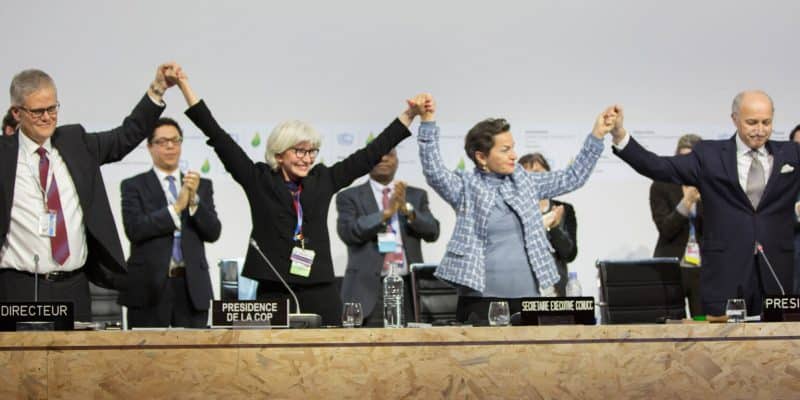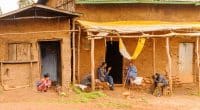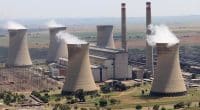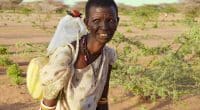The Paris Agreement. What's this expression that we haven't been able to do without since 2015 in climate discussions on TV, at school and more so within environmental defense organizations? Find out in this article, which traces the stakes and the trajectory of a historic treaty for ecological transition on a global scale.
It is one of the most important texts to have emerged in the last ten years. We no longer talk about climate without even mentioning it. Its adoption on December 12, 2015 has made headlines, the slow pace of its application from one continent to another is stirring up tensions at green diplomacy meetings, and yet its results are presented by experts as the key to halting global warming by 2050. This is the Paris Agreement.
This document signed by 196 countries, including Argentina, Benin, Israel, the State of Palestine, Cameroon, Ivory Coast, Ireland and Rwanda, officially came into force on November 4, 2016, a year after the 21st Conference of the Parties on Climate (COP21) chaired by France. After experiencing its worst droughts, Eritrea, which had abstained from any commitment until then, became one of the last nations to ratify the Paris Agreement in February 2023.
Decarbonization issues with economic and geopolitical overtones
Indeed, these 28 pages contain clear requirements and recommendations for all continents to “contain the rise in temperatures to below 2 degrees Celsius of pre-industrial levels, while continuing efforts to keep it at 1.5 degrees Celsius”. To achieve this, the signatory parties undertake to draw up and communicate the so-called Nationally Determined Contributions (NDCs) every five years. These are climate action plans aimed at reducing greenhouse gas (GHG) emissions.
This involves taking concrete measures such as decarbonizing several economic sectors, tightening environmental legislation and promoting environmentally-friendly practices. A difficult equation for industrial powers like China and the United States of America, who signed the Paris Agreement back in 2016 to please international opinion. Indeed, former President Donald Trump made no secret of this when he withdrew “Americans from this Agreement in 2020, compromising their jobs and growth” (before reinstating it under the Joe Biden era in 2021).
Climate cooperation and financing
The other key point in the Paris treaty is the financial commitment by developed countries to contribute $100 billion a year to the Green Climate Fund (GCF), to help the countries most vulnerable to climate change. And therein lies the rub! At every COP, the 194 climate parties concerned are at loggerheads, because the envelope never follows through on the promises. But the Dubai meeting, which took place against the backdrop of the first assessment of the Paris Agreement and ratification of the new “loss and damage” fund, should make all the difference. It should be noted that the United Nations estimates that developing countries will need $387 billion a year until 2030 to finance adaptation.
Read also-
The final key to understanding the Paris Agreement is Article 6, which advocates “cooperation” between large and small polluters. The latest bilateral example is the partnership between Norway (a hydrocarbon giant) and Morocco (a laboratory for renewable energies in Africa), which since November 2023 has been planning to exchange GHG emission quotas through the technical intermediary of the Global Green Growth Institute (GGGI). While COP28 ended with a consensus for a transition “away from fossil fuels”, the next few years will be decisive for the future of the Paris Agreement.
Benoit-Ivan Wansi







